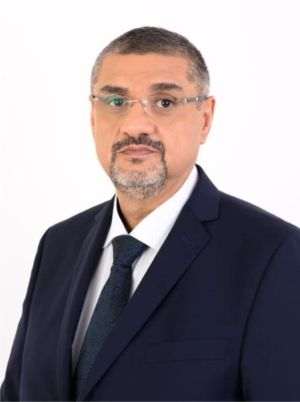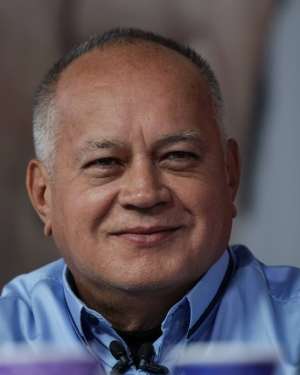Last year, the government cut 7.2 billion lei from the money allocated for the endowment of the Army and transferred that amount to the reserve fund in order to retain the loyalty of its party clientele, says deputy Claudiu Năsui (USR), former Minister of Economy, Entrepreneurship and Tourism in the Cîţu government, based on an answer received from the Ministry of Finance.
In a post on the official Facebook page, Claudiu Năsui claims: "Last year the Ciolacu government made record expenditures from the government's reserve fund. But where did this fund come from? From cuttings from other parts. But still which other parts? This does not appear transparently. So I asked the Ministry of Finance. And here is the answer. In order to feed the famous reserve fund, the Ciolacu government cut massively from the endowment of the army. From 10.7 billion lei - expenses cut to feed the reserve fund -, the Ciolacu Government cut 7.2 billion lei from the endowment! That is, while we have a war on the border and other NATO countries are seriously preparing for the scenario of a war, Mr. Ciolacu cut right from new weapons, missiles, airplanes and what else would be needed to defend ourselves in case of war".
The former Minister of the Economy accuses the head of the Government that during this time he did not reduce any special pensions, and even paid them from the reserve fund so that "the special caste would not lose any privilege".
According to Economedia.ro, in 2023 the Ciolacu government made additional allocations of 31.9 billion lei to ministries and state institutions, including for the payment of salaries, the respective allocations being made because last year the Executive did not carry out any budget rectification.
The quoted source states that a recent report of the Fiscal Council shows that the Reserve Fund has become a discretionary instrument of the Government. The Fiscal Council report states: "In this context, the Government also adopted GEO no. 90/2023, which seeks to limit spending on goods and services and on investments, from the last two months of the year, to the average level of January-September 2023. At the same time, the normative act transformed the Budgetary Reserve Fund at the disposal of the Government (FRG) into -a discretionary instrument through which the authorities can adjust the general consolidated budget, redistributing the unspent resources of the main credit orderers to other areas. The changes regarding the operation of the FRG came after, in September 2023, the Government adopted GEO no. 73/2023, by which it was decided that, based on Government decisions, sums can be allocated from the FRG to finance the current and capital expenses of the main credit orderers. Thus, the FRG became the instrument by which the adoption of a budget correction was avoided".
The Fiscal Council claims that, from the beginning of last year until September 14, 2023, when the legislative framework regarding the operation of the FRG was changed, 12 government decisions were issued, worth only 600 million lei. Later, based on the new legislative framework for the operation of the FRG, 91 government decisions were adopted, through which 29.5 billion lei were allocated discretionarily.
Compared to the period 2007-2022, when allocations from the reserve fund varied between 530 million lei (in 2015) and 7.96 billion lei (in 2020), the allocations for 2023 until December 15 are almost four times higher than the previous maximum, recorded in the first year of the pandemic, and more than eight times higher than in 2022, when 3.6 billion lei were allocated from the reserve fund.
Therefore, the Fiscal Council maintains that the use of the government's reserve fund to replace the de facto budget rectification creates a precedent involving major risks, from lack of transparency in budget execution, to discretionary use and increased recourse to exemptions from fiscal rules .
























































